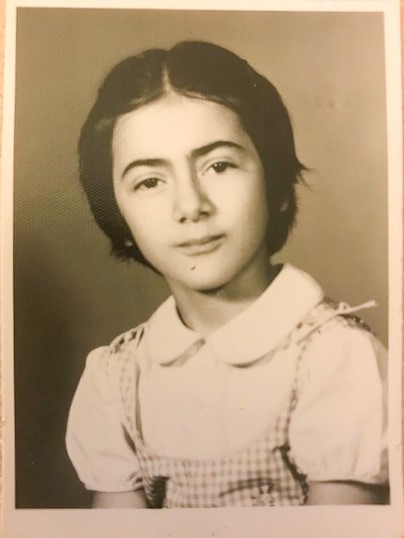NAC 2023 Year End Report
February 9, 2024
2023 was another successful year for the New Americans Campaign (NAC). NAC partners have empowered thousands of people in their…
Campaign Updates
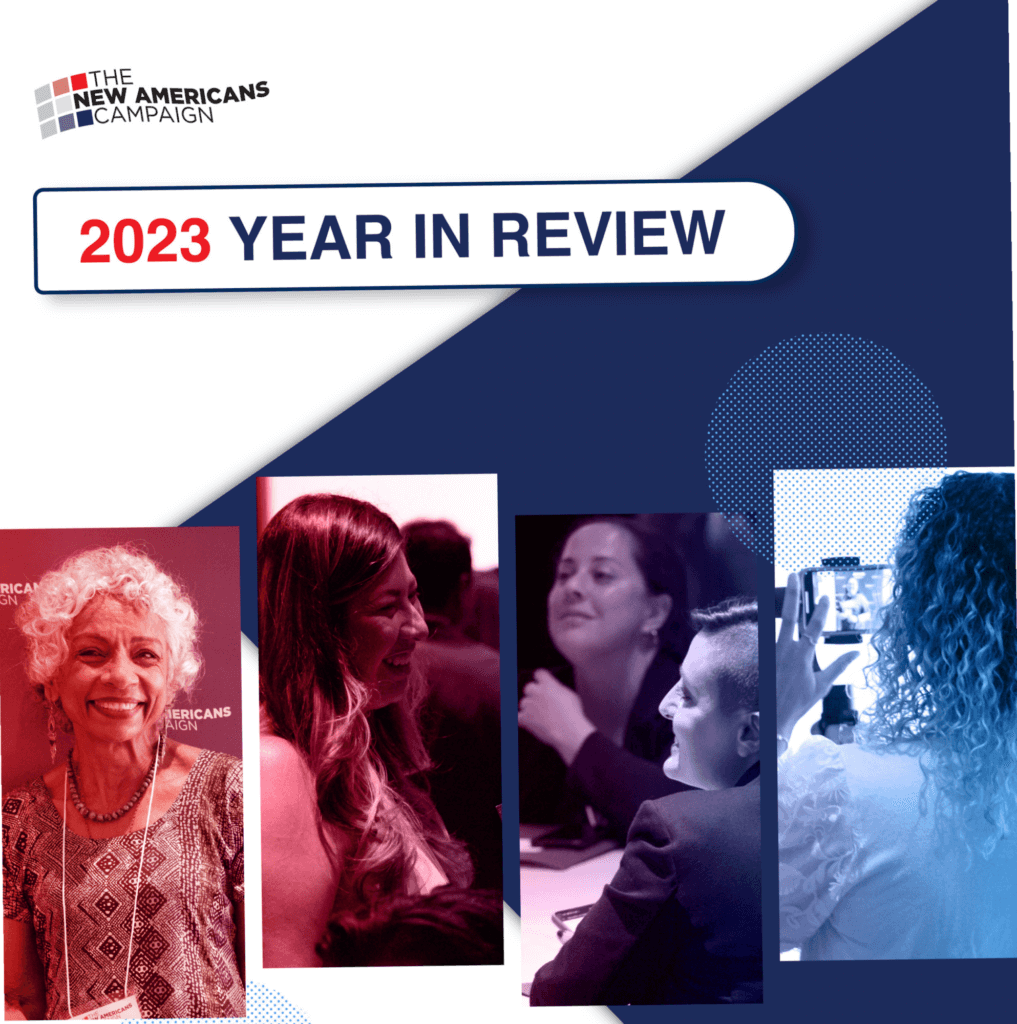
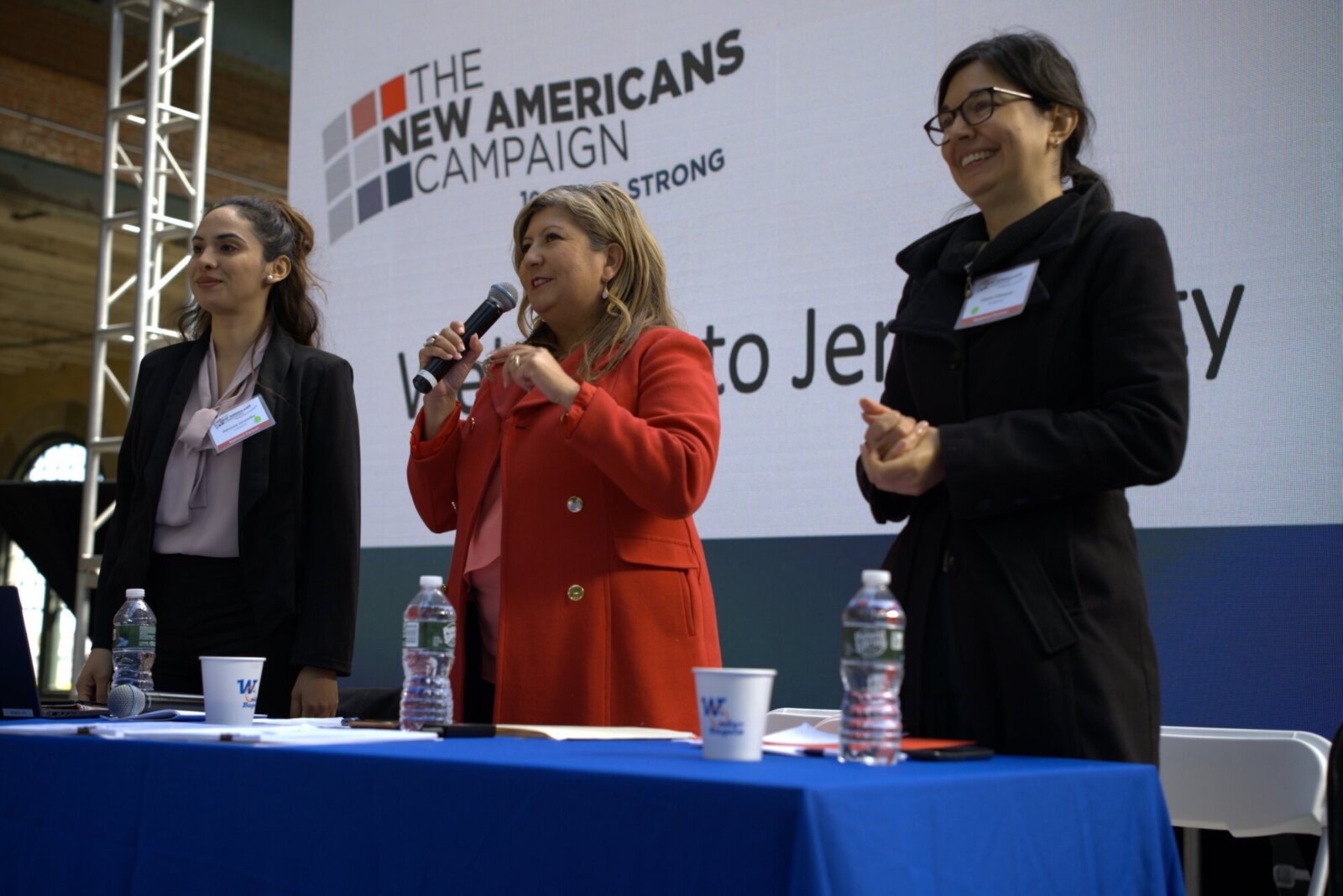
The latest from the New Americans Campaign, naturalization and citizenship news, and stories from new Americans
February 9, 2024

February 9, 2024
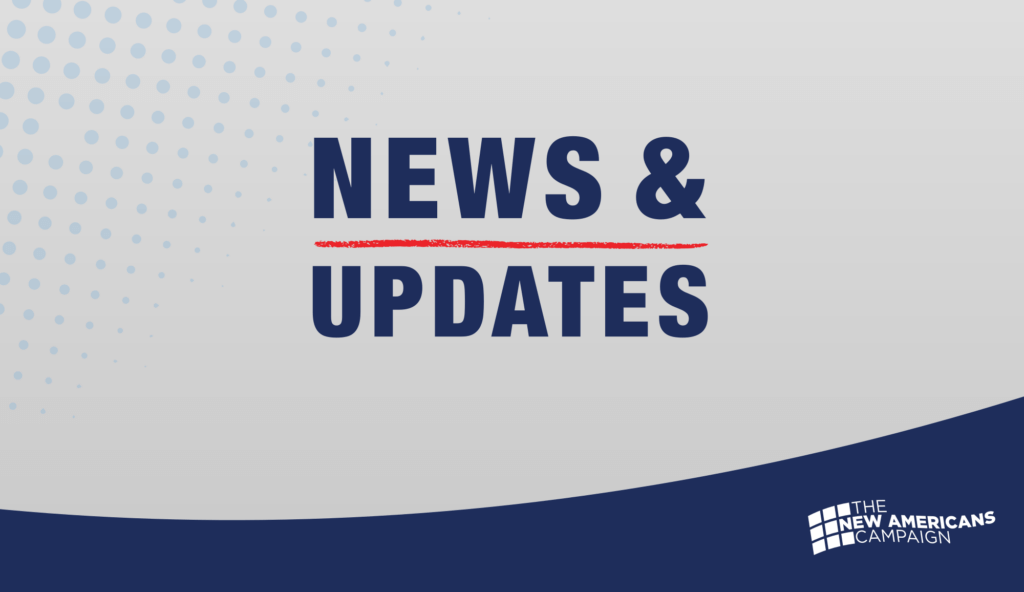
March 10, 2022
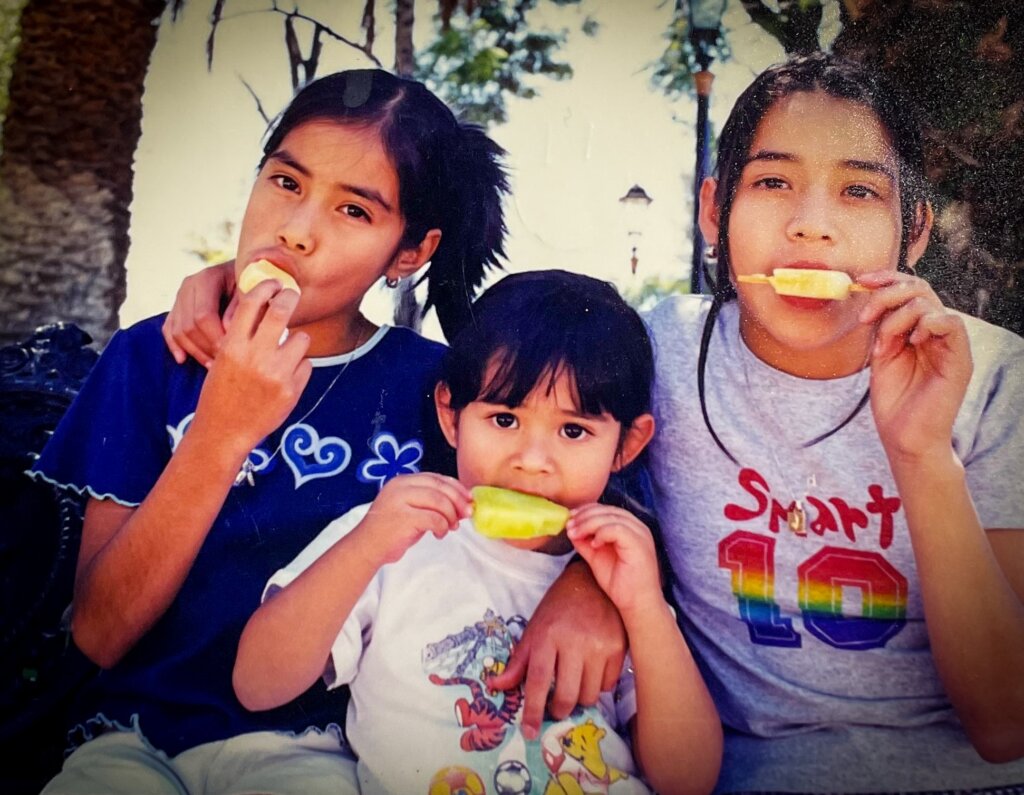
January 7, 2022
